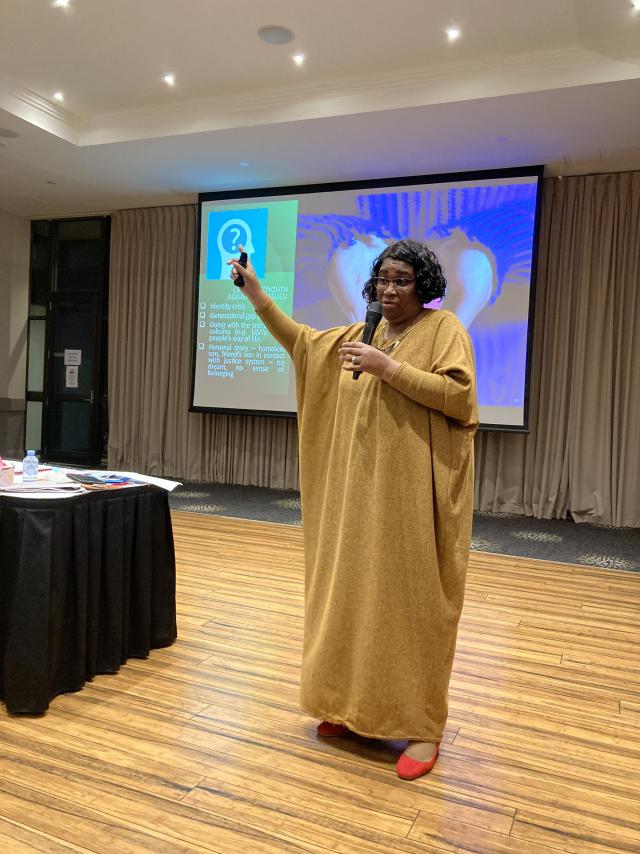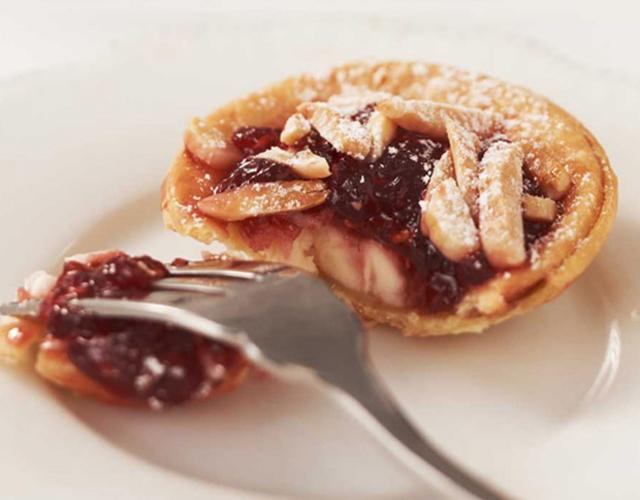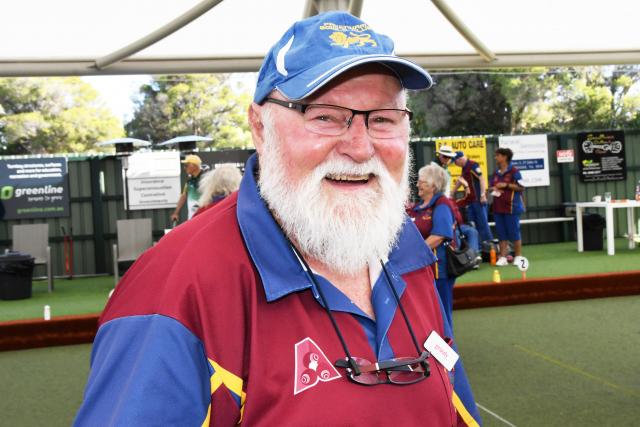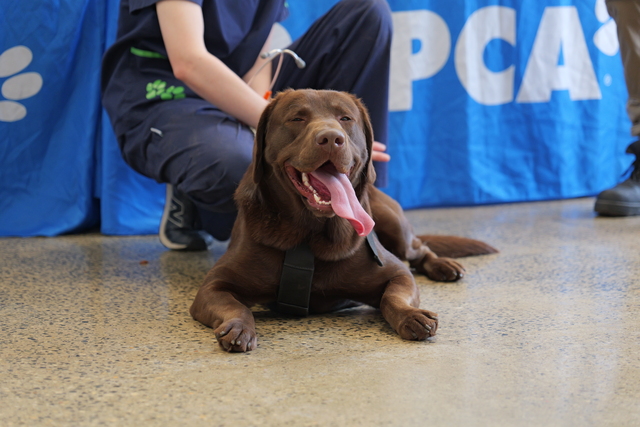“Within our African circles we believe that ‘you educate a woman, you have educated a whole village and nation’,” remarked Rabecca Mphande, president and co-founding director of community organisation AfriAus ILEAC (Inspire, Lead, Educate, Advocate for Change).
This belief was put into practise earlier this month as Mrs Mphande took up an invitation to speak at female rotary group Inner Wheel Narre Warren’s May meeting, hoping to inspire a stronger sense of community engagement between the African community and broader South-East population..
Inner Wheel Narre Warren president Linda Wallace said Mrs Mphande gave an endearing speech about African family life, the challenges African diaspora face and how the local community can support and uplift them.
“Members were just delighted in meeting Rabecca and were pretty enthralled with what she had to say,” she said.
“The African community is a growing community within the City of Casey and Dandenong – they’re on our doorstep and yet we don’t know anything about their culture and family life.
“I think it’s important to open up and understand the needs of other cultural groups.”
According to 2016 Census data, The City of Casey had the highest number of residents born in an African country, compared to other LGAS across Victoria.
Based in Pakenham, AfriAus ILEAC is one of several community groups acting as a support system for vulnerable African minorities including women and girls, CALD communities and youth at risk.
The organisation was recognised at the Multicultural Awards for Excellence last year for its work supporting CALD and at-risk communities throughout the Covid pandemic.
But Mrs Mphande noted more engagement with the broader community is needed in order to help the African community thrive.
“A lot of people from the African community want to connect, but don’t receive many opportunities to, so I was very pleased when Inner Wheel reached out to give us a platform,” Mrs Mphande said.
She encouraged the local community to understand the diversity of Africa – a continent made up of 54 countries and over 3000 ethnic groups.
“Ask them about not only what their needs are but also what they can bring to the table,” Mrs Mphande said.
“They’re obviously a far richer community than what you see on the news and that’s what we want to discover,” added Mrs Wallace.
Following the meeting, Mrs Mphande and Mrs Wallace said they plan to meet again to discuss ways in which they can work together to benefit their respective communities.







